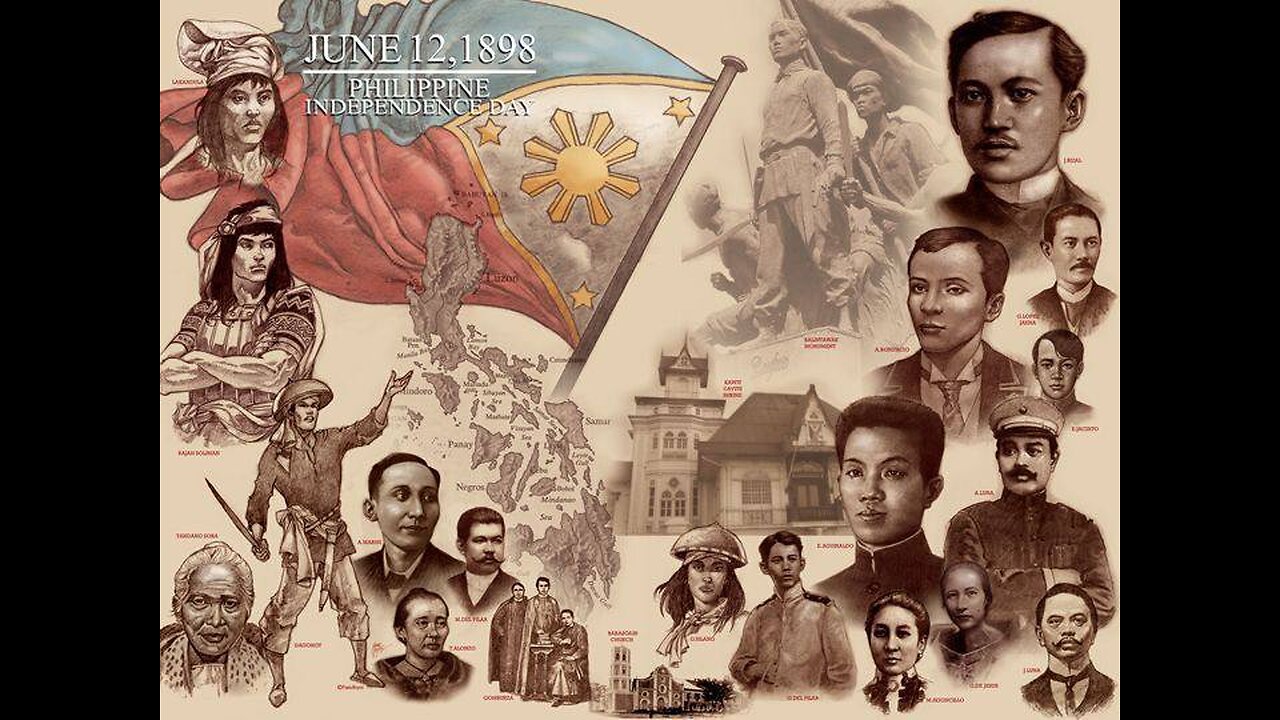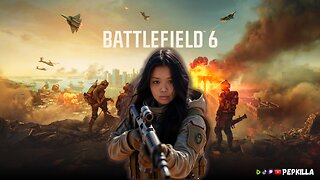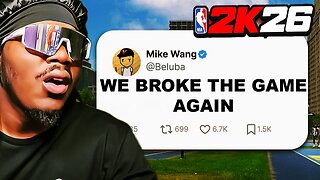Premium Only Content

HISTORY OF THE PHILLIPINES
The history of the Philippines is rich and complex, shaped by various cultures, colonization, and significant socio-political movements.
The Pre-Colonial Period
Before European contact, the archipelago was inhabited by various ethnic groups with their own distinct cultures, languages, and governance systems. Trading with other Asian regions flourished, with the islands serving as a hub for commerce.
The Spanish Colonization (1565-1898)
In 1565, Miguel López de Legazpi took possession of the Philippines for Spain, marking the beginning of over three centuries of Spanish rule. The Spanish introduced Christianity, establishing Roman Catholicism as a dominant religion. They also promoted agricultural and economic development, albeit while exploiting local resources and labor. The country saw the rise of revolts against Spanish authorities, culminating in the Philippine Revolution in 1896, spearheaded by national heroes like José Rizal and Andres Bonifacio.
The American Rule (1898-1946)
Following the Spanish-American War, the Treaty of Paris in 1898 ceded the Philippines to the United States. American governance brought about significant infrastructure development and education reform but was met with resistance, such as the Philippine-American War (1899-1902). The U.S. slowly granted more autonomy through the establishment of the Commonwealth in 1935.
The World War II and Japanese Occupation (1942-1945)
During World War II, the Philippines was occupied by Japanese forces from 1942 until 1945. This period was marked by widespread suffering, resistance efforts, and significant battles, including the infamous Bataan Death March. Liberation came with the return of General Douglas MacArthur in 1944.
The Post-War Era and Independence (1946)
On July 4, 1946, the Philippines gained independence from the United States, establishing a democratic government. However, political instability, issues of land reform, and growing communist movements challenged the new state.
The Martial Law and People's Revolution (1972-1986)
In 1972, President Ferdinand Marcos declared Martial Law, extending his rule through authoritarian means. Despite economic growth, political repression and human rights abuses led to widespread dissent. The People Power Revolution in 1986 resulted in Marcos’ ousting and the restoration of democracy under Corazon Aquino.
The Contemporary Era (1986-Present)
Since the 1986 revolution, the Philippines has experienced a mix of democratic growth and political turmoil. Economic reforms have improved certain sectors, though poverty, inequality, and governance issues persist. The country faces modern challenges including OFW (Overseas Filipino Workers) concerns, insurgencies, and ongoing environmental issues, while working to assert its sovereignty in the face of regional geopolitics, especially with China's rising prominence in the South China Sea.
The Philippines today is celebrated for its diverse culture, vibrant democracy, and resilience amidst historical adversities.
-
 19:39
19:39
TimcastIRL
23 hours agoTim Pool Wins $1 Million Bet During Debate Against Liquid Death CEO
220K102 -
 LIVE
LIVE
ttvglamourx
2 hours ago $2.53 earnedHAPPY SUNDAY<3 !DISCORD
131 watching -
 13:50
13:50
Nikko Ortiz
1 day agoStop Hurting Yourself For Views.
48.5K15 -
 LIVE
LIVE
Lofi Girl
2 years agoSynthwave Radio 🌌 - beats to chill/game to
157 watching -
 37:47
37:47
Welker Farms
1 day ago $14.06 earnedWEIGHT and COST Finally Revealed! Monster BIG BUD!
48.7K11 -
 LIVE
LIVE
Pepkilla
3 hours agoBattlefield 6 Two Weeks Until BR
106 watching -
![I Can’t Believe How INTENSE This Got! | [REC] (2007) Reaction](https://1a-1791.com/video/fwe2/5e/s8/1/k/L/j/r/kLjrz.0kob-small-I-Cant-Believe-How-INTENSE-.jpg) 26:54
26:54
SouthernbelleReacts
2 days ago $15.73 earnedI Can’t Believe How INTENSE This Got! | [REC] (2007) Reaction
44.8K14 -
 LIVE
LIVE
DRE ONYX
11 hours ago🚨🔴LIVE - TRIPLE THREAT CHALLENGE #1 RANKED 6'10 POINT GAWD | !build !cam !join !member !psn
22 watching -
 16:04
16:04
Mrgunsngear
22 hours ago $25.78 earnedMcCoy 12ga Single Shot Shotgun Test 👀
126K8 -
 10:00
10:00
It’s the Final Round
23 hours ago $4.15 earned💰NFL Week 7 Best Bets🔥Player Prop Picks, Parlays, Predictions FREE Today October 19th
33.8K4